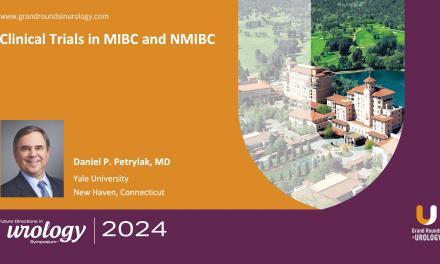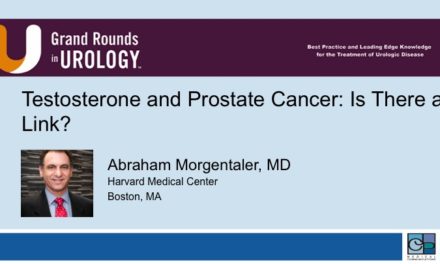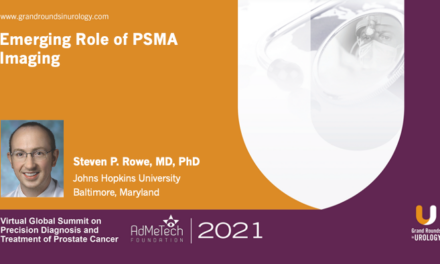Hendrik Van Poppel, MD presented “Why We Need Organized Screening Programs” during the 7th Global Summit on Precision Diagnosis and Treatment of Prostate Cancer on September 22, 2023.
How to cite: Van Poppel, Hendrik “Why We Need Organized Screening Programs.” September 22, 2023. Accessed Nov 2025. https://grandroundsinurology.com/why-we-need-organized-screening-programs/
Why We Need Organized Screening Programs – Summary
Em. Prof. Hendrik Van Poppel argues for the necessity of organized screening programs for prostate cancer, underscoring the impact of early detection, which can identify the disease at an earlier, more treatable stage.
Dr. Van Poppel presents compelling evidence from studies and clinical trials demonstrating that systematic screening leads to earlier diagnoses, which correlates with better survival rates. He critiques the current state of prostate cancer screening, which is often opportunistic and inconsistent, leading to disparities in early detection and treatment outcomes.
He highlights the importance of establishing clear guidelines and protocols to optimize the efficiency and effectiveness of these programs. Dr. Van Poppel advocates for the use of advanced diagnostic tools and risk stratification methods to distinguish between clinically significant and indolent cancers. Furthermore, Dr. Van Poppel emphasizes the role of public health education and awareness campaigns in promoting the benefits of organized screening.
The Global Summit on Precision Diagnosis and Treatment of Prostate Cancer is a unique multi-disciplinary forum organized to inform the key health care stakeholders about the emerging advances in clinical case and research and create a consensus-based vision for the future of precision care and educational and research strategy for its realization. The mission of the Summit is to fill the currently existing gap between the key experts of in vivo imaging, the world authorities in the in vitro fluid- and tissue-based molecular diagnostics, including genomics, and thought leaders in the development of novel observation strategies (e.g., active surveillance, or AS) and therapeutic interventions.
ABOUT THE AUTHOR
Hendrik Van Poppel, MD, PhD, graduated in General Surgery in 1980, in Urology in 1983 and joined the Academic Unit at KU Leuven in 1985 after his postgraduate training in London, Barcelona, Copenhagen, Mainz and Rotterdam. He became full Professor of Urology in 1993, and chair of the department of urology in Leuven in 2002. Dr. Poppel’s clinic was exclusively focused on Onco-urological surgery. He performed more than 2500 radical prostatectomies and countless major open oncological surgeries for kidney, bladder, prostate, testis and penile cancer. He was Treasurer for the EORTC Genito-Urinary Group between 1997 and 2011, Board Member of the EORTC between 2004 and 2008, President of the Belgian Association of Urology 2009-2010.





